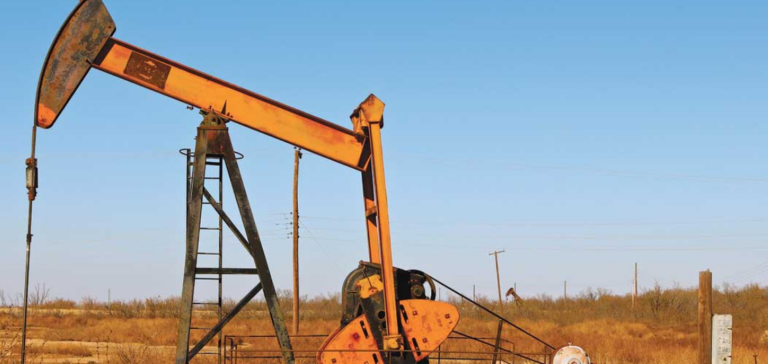Recent events have heightened vigilance in the US oil industry. A load of out-of-specification crude oil was detected, raising concerns about possible contamination by excess metals in Texas shale oil. This discovery has prompted pipeline and export terminal operators to step up quality controls.
WTI Midland and Index Dated Brent
WTI Midland, the leading crude from the US shale region, was added to the Dated Brent index in June and is increasingly heading for European refineries. However, fears that contaminated oil could damage refining units and tarnish the oil’s reputation led to more systematic testing. According to those informed, only a few of the 54 loads exchanged this year were out of specification.
Metal Contamination Challenges for European Refineries
Flows of WTI Midland crude to Europe have determined the price of Dated Brent on more than half the trading days since May, putting more US oil in the hands of European refiners. Nevertheless, the high levels of metals such as iron and vanadium in WTI Midland blended oils can damage European refineries, which are generally less complex and unable to filter these metals.
Blending and Profit Margins: U.S. Pipeline Practices
U.S. pipeline companies and crude marketers have often blended the more expensive Midland WTI with cheaper varieties such as West Texas Sour, Domestic Sweet or Eagle Ford to boost profit margins. These less expensive grades often contain higher levels of iron, vanadium and nickel.
Enterprise Product Partners, a pipeline and oil terminal operator, has developed a system to monitor its crude inputs to ensure that oil sold as WTI Midland meets Platts specifications. Energy Transfer discovered a batch of out-of-specification WTI Midland earlier this year, while ONEOK Inc, which recently acquired Magellan Midstream, is attempting to separate the WTI Midland crude it exports from other pipeline streams.
The discovery of a load of off-specification crude triggered a thorough review of quality practices in the US oil industry. With increasing exports to Europe and growing concerns about contamination, pipeline operators and refiners are stepping up their controls. This move towards stricter quality control could have long-term implications for the global oil trade.






















